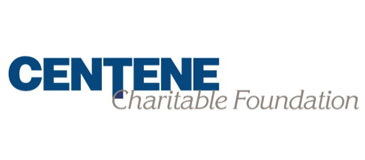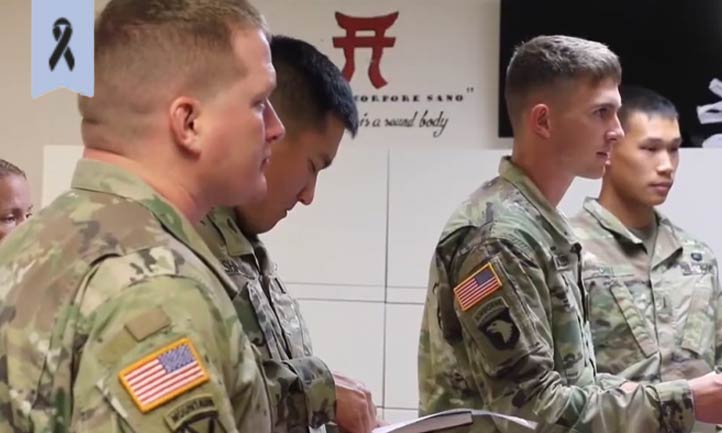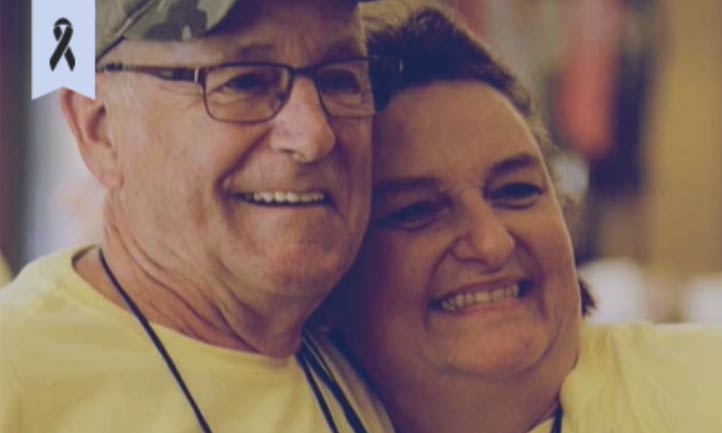Suicide Prevention & Postvention
Starting in 2008, the TAPS Suicide Prevention & Postvention department developed a field-leading, best-practice approach to care with the TAPS Suicide Postvention ModelTM, and has since provided hope and healing to tens of thousands of suicide loss survivors.
Our three phase model of support stabilizes survivors in the aftermath of a suicide death, guides them onto a health-promoting grief journey, and paves the way for achieving posttraumatic growth.
A January 2021 peer-reviewed article in the scholarly journal Death Studies lays out the Model in detail. "TAPS Suicide Postvention ModelTM: A comprehensive framework of healing and growth" discusses the history of the TAPS postvention program, anchors the Model in theory and clinical best practices, and describes in detail how the phases and tasks of the Model should be applied.
The TAPS Suicide Postvention ModelTM has become a crucial component of the suicide prevention strategies of other organizations. In some cases, the Model has been relied on to provide a critical foundation for the postvention approaches, resources, and toolkits of our partners. These include but are not limited to the U.S. Defense Department's Postvention Toolkit for a Military Suicide Loss and recommendations to the International Association of Chiefs of Police by the National Consortium for Preventing Law Enforcement Suicide. More outcomes based on the TAPS Suicide Postvention ModelTM can be reviewed in this third party study entitled Growth and Hope After Loss: How TAPS Facilitates Posttraumatic Growth in those Grieving Military Deaths.
The TAPS Suicide Postvention ModelTM is useful to all organizations outside the realm of the military and veteran communities. It is also applicable to forms of loss beyond suicide.
To learn more about the TAPS three-part Postvention Model or to contact one of our professionals for a consultation, please contact us at 202-588-8277 or suicidepostvention@taps.org.
Below is a list of downloadable documents produced by the TAPS Suicide Prevention and Postvention department.
- For Media: Best Practices for Reporting on Suicide
- Safe Messaging Guide: Talking about Suicide
- How to Talk to Children about Suicide
- Postvention Stabilization for Military Leaders and Units After a Suicide Death
- From Grief to Growth: Healing After a Suicide Loss Guidebook
- Suicide Prevention & Postvention Program Information Card
- TAPS Suicide Postvention ModelTM
- TAPS Suicide Postvention ModelTM Poster
- 10 Things We Know to be True: Surviving Suicide Loss
- Safety Plan Worksheet
« Back
Death by Suicide
This Postvention Toolkit for a military suicide loss was created for military leadership in partnership with TAPS subject-matter experts.
YouTube Video: 15 minutes, 30 seconds
Unit Stabilization After Suicide Loss
U.S. Department of Defense Postvention Toolkit for a Military Suicide Loss
YouTube Video: 3 minutes, 21 seconds
Navy SEAL Frank Larkin on Death by Suicide
PsychArmor Training (30 minutes): Unit Stabilization After Suicide Loss
PsychArmor Training (30 minutes): Treating Grief in the Veteran Population
YouTube Video: 1 minute, 25 seconds
Words matter. How we talk about suicide matters.
« Back
Nonprofit Partnerships
- National Action Alliance for Suicide Prevention
- Home Base: Intensive Clinical Program for Families of the Fallen
- American Foundation for Suicide Prevention (AFSP)
- American Association of Suicidology (AAS)
- National Suicide Training Center (NSTC)
- International Association of Chiefs of Police (IACP)
- Suicide Prevention Resource Center (SPRC)
- Alliance of Hope
« Back
Presented by









